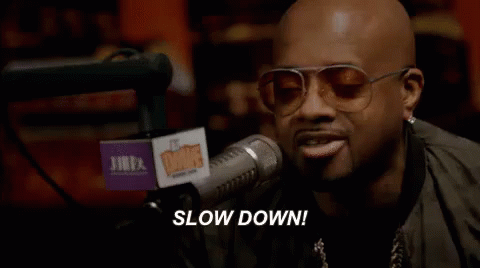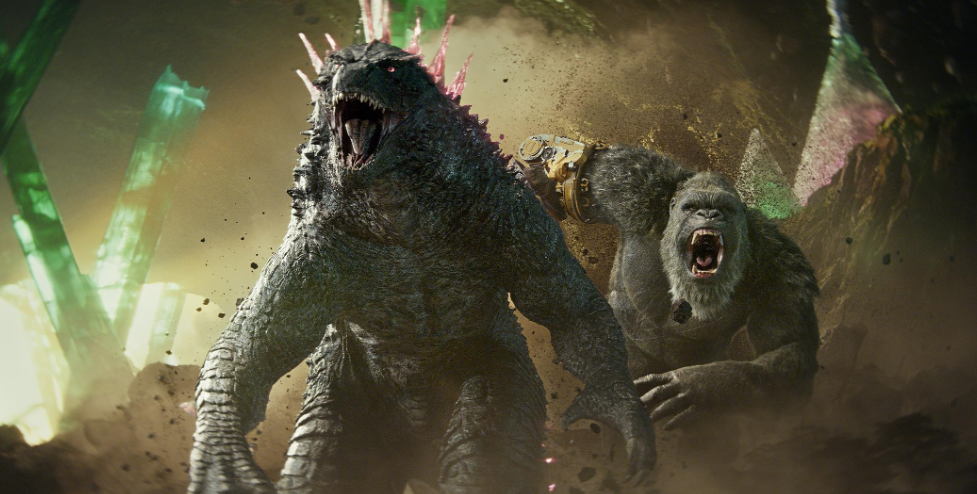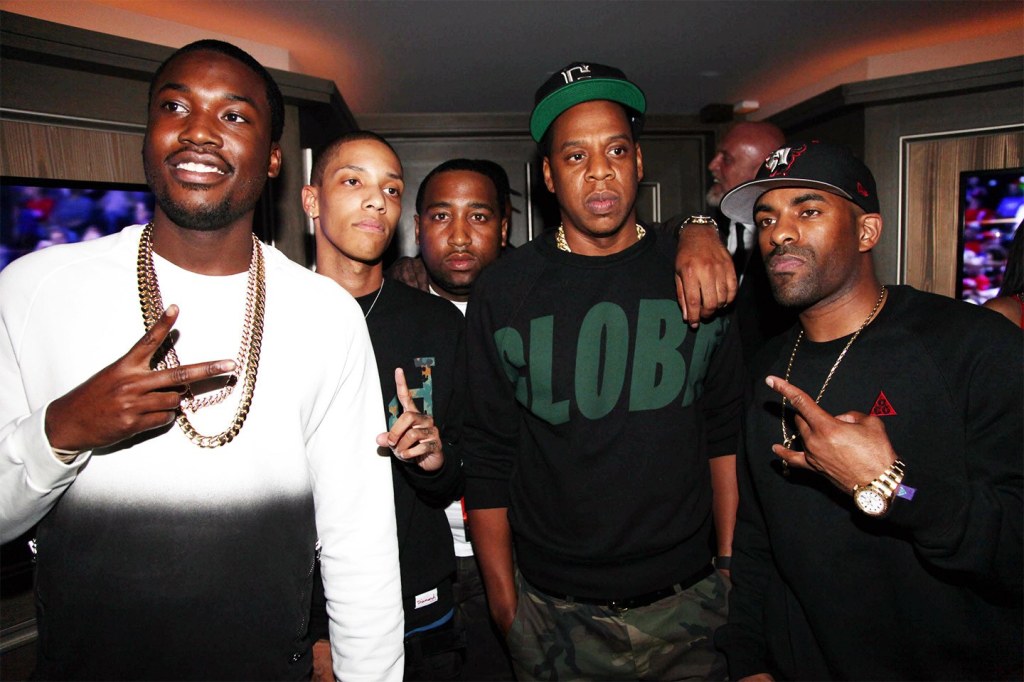This week at the box office, The Invisible Man scored the #1 spot grossing $29 million dollars domestically and bringing in a global total of $49.2 million versus a 7 million dollar budget.

The film has earned solid praise from critics for being an intense psychological thriller carried by the intimate performance of Elizabeth Moss and the brilliant direction of Leigh Whannell.
As the film continues to win over audiences, there is an intense debate online about the film’s social commentary. Many pundits have labeled The Invisible Man a #MeToo film that showcases the horrors of women not being believed in the era of Harvey Weinstein.
These claims are misleading at best and dishonest at worst, minor spoilers ahead.

For those who haven’t seen the film yet, the central plot revolves around the main character of Cecilia (Elizabeth Moss) telling those close to her that her psychotic ex-boyfriend is not only still alive but has turned himself invisible in order to terrorize her.
While this may be a silly premise for those to argue that the film offers a real-life window into the distrust that society has for women, outlets such as Buzzfeed ran with the narrative of that the film mirrors a society that does not believe women who claim to be abused by toxic men.
Buzzfeed’s Krystie Lee Yandoli wrote:
At a time when movements like #MeToo have led to abusive and toxic men being held accountable more than ever, the 2020 version of The Invisible Man has a whole other meaning — and induces a whole other level of fear — for viewers.
Variety film critic Owen Gleiberman, took the #MeToo proclamation a step further by stating.
You could say that the premise of just about every woman-in-peril movie is that toxic masculinity is out there, that it’s scary and violent and dangerous, and that it’s coming for you. (That was true decades before the term “toxic masculinity” was invented.)
But when you watch “The Invisible Man,” the fearful and cunning new thriller starring Elisabeth Moss as a woman who fights off the cat-and-mouse stalking moves of a man she can’t see (a man who therefore, to everyone else, doesn’t exist), what’s new is the heightened awareness of what it feels like — what it means — to be a woman in trouble whom no one believes. That’s what makes the film an expression of the #MeToo world.

As a message to average moviegoers, viewers should not worry about walking into a misandrist ted talk. The film offers no lecture about how bad men are nor is there any attempt to condemn them as seen with recent Hollywood blockbusters such as Charlie’s Angels and Birds of Prey.
If you are worried about giving your money to another Hollywood (the epicenter of the Weinstein and the #MeToo movement) produced film just to be told how toxic you are, those fears are unfounded because the calls of #MeToo heroism is projection at it’s finest.
The progressive media often seeks out any form of fiction that they can use as a vehicle to progress their agenda. A story of a man stalking a woman in a horror film is not an example of toxic masculinity nor is it supporting a feminist agenda. If that was the case, Scream would be considered such by the same standard.

Progressives love to weaponize fiction in a world where non-fiction doesn’t meet their worldview. Fantasy is always more self-fulfilling than real life because if we are using real-world examples of injustice involving the #MeToo movement, the true story of The Invisible Man is not about toxic men but toxic women.
The Invisible Man indeed mirrors today’s #MeToo movement but the victim here isn’t a hapless woman but actor Johnny Depp. The Invisible Man slated Depp to star as the lead going back to Early 2016. This changed as allegations of domestic abuse by his ex-wife, Amber Heard was made public. Due to the public backlash, he later dropped out of the role causing the studio to change it’s course creatively.
When Amber Heard made her allegations against Depp, she was regarded as one of the earliest heroes of #MeToo and damaged Depp’s public image. The message you heard repeated in progressive circles was to believe any woman who comes forward with an allegation against a man, failure to do so made you an enabler of the same environment that allowed Harvey Weinstein to get away with it for so many years.

The narrative of “believe all women” fell apart as recent developments of the Amber Heard/Johnny Depp saga showed that not only did Heard mislead the public about her allegations of abuse but that Heard herself was guilty of physical and emotional abuse against Depp.
Heard admitted in an audio recording that she struck Depp numerous times with pots and pans as she noted that no one would believe him because he was a man. Heard propped herself up as an ambassador for women’s rights and domestic violence but was later found to have committed the same crimes she accused others of.
The fundamental problem with the #MeToo movement is that it seeks to use Hollywood, the entity that created the toxic male environment they speak out against, and weaponize their films against men who are outside the Hollywood echo chamber.

The caricature that represents the majority of men in current Hollywood cinema does not exist in real life, so they create their ideal version of a toxic male using it as a weapon against your everyday accountant or farmer.
The theme is the same, it is men that need to be held accountable, it is men that need to be less toxic, it is men that need to change. Even in the face of extreme hypocrisy, that notion doesn’t change.
The Invisible Man does indeed provide a problematic window in the world of #MeToo, the truth just provides some uncomfortable realities for those who thrive in fiction.
“Those who live in glass houses should not throw stones”
Don’t forget to Subscribe for Updates. Also, Follow Us at Society-Reviews, YouTube, Instagram, Twitter, Odysee, Twitch, & Letterboxd






Leave a Reply